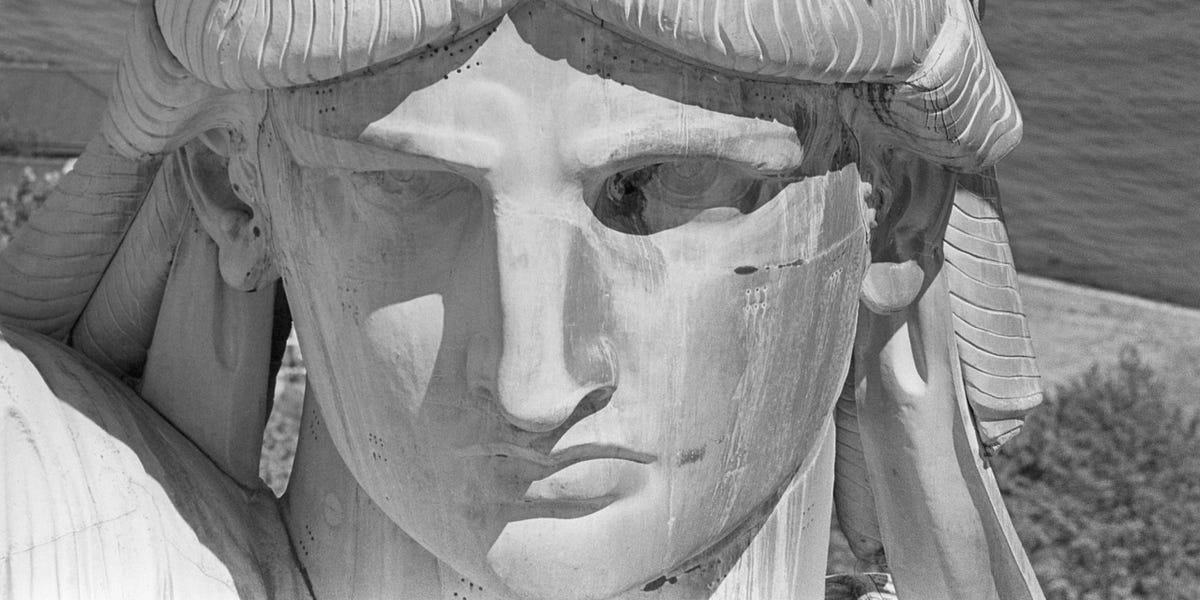berg80
Diamond Member
- Oct 28, 2017
- 20,826
- 17,431
- 2,320
The present debate about the independent state legislature theory—a disingenuous interpretation of constitutional clauses that would grant state legislatures tremendous power to defy state courts and even ignore the states’ popular votes in presidential elections—is in large part a question of how much power the demos should have in our democracy. Recent years have seen no shortage of similar democracy-limiting ideas, rulings, laws, and proposals, such as the Supreme Court’s 2013 Shelby County decision, which opened the door to unnecessarily restrictive voting laws, and 2019 Rucho decision, which made partisan gerrymandering nonjusticiable.
Consider also the longstanding trope that “the United States is a republic, not a democracy”—a truism that conservative politicians and writers, perhaps forgetting that it was once the slogan of the ultra-right John Birch Society and associated with opposition to civil rights, have for decades routinely deployed as if it were a decisive rebuttal to anyone who argues that perhaps a bit more power in our political system should be put in the hands of the people.
Based on this understanding, elected officials prop up the parts of our system of government that make it easier for them to obtain and hold onto power while also making it difficult for the people to hold them culpable for unprincipled or incongruous actions. Without sufficient accountability, legislative bodies can disregard the expressed democratic will whenever they deem the people unfit to decide for themselves.

 www.thebulwark.com
www.thebulwark.com
This is a stunningly prescient concern for the damage entities like Faux can do to the public square.
I thought this was a fascinating piece. It's now up for discussion, which, I hope we can keep out of the gutter.
Consider also the longstanding trope that “the United States is a republic, not a democracy”—a truism that conservative politicians and writers, perhaps forgetting that it was once the slogan of the ultra-right John Birch Society and associated with opposition to civil rights, have for decades routinely deployed as if it were a decisive rebuttal to anyone who argues that perhaps a bit more power in our political system should be put in the hands of the people.
Based on this understanding, elected officials prop up the parts of our system of government that make it easier for them to obtain and hold onto power while also making it difficult for the people to hold them culpable for unprincipled or incongruous actions. Without sufficient accountability, legislative bodies can disregard the expressed democratic will whenever they deem the people unfit to decide for themselves.

Tilting Our Politics Back Toward Democracy
What the old trope about the United States being “a republic, not a democracy” misses about the American system.
This is a stunningly prescient concern for the damage entities like Faux can do to the public square.
I thought this was a fascinating piece. It's now up for discussion, which, I hope we can keep out of the gutter.


